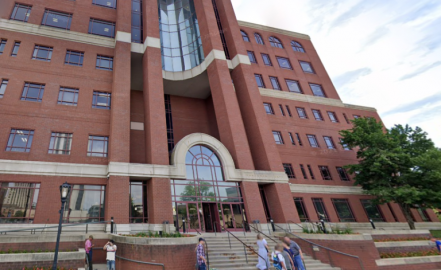
217 Today: Tuesday, Dec. 7, 2021
In today's deep dive, we’ll learn how some central Illinois tenants are faring now that the eviction moratorium has expired in the state.

Keep up with news in Central Illinois every weekday with 217 Today. Hear the day's headlines, along with one deeper dive, in just ten minutes. Learn about the people and places that make Central Illinois unique with 217 Today.

In today's deep dive, we’ll learn how some central Illinois tenants are faring now that the eviction moratorium has expired in the state.
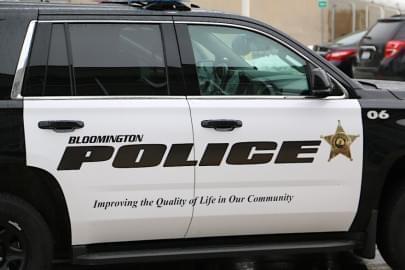
In today's deep dive, we’ll hear about a community in Central Illinois that appears to be reducing the racial disparities in traffic stops.

In today's deep dive, we'll learn why Major League Baseball owners have locked out players after their collective bargaining agreement expired earlier this week.
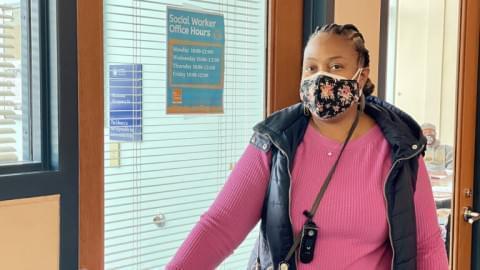
In today's deep dive, we’ll learn why some libraries are starting to hire social workers to better serve their communities.

In today's deep dive, we’ll hear from Republican U.S. Representative Rodney Davis, who is running for re-election in the newly drawn Illinois 15th Congressional District.
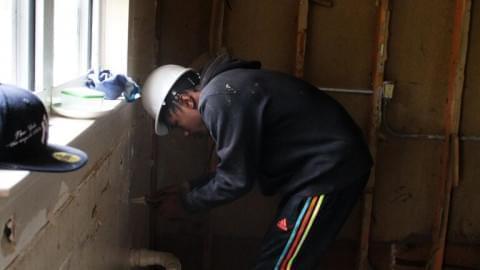
In today's deep dive, we’ll learn about a program in Champaign County that helps young people get their high school diplomas while fixing public housing properties.
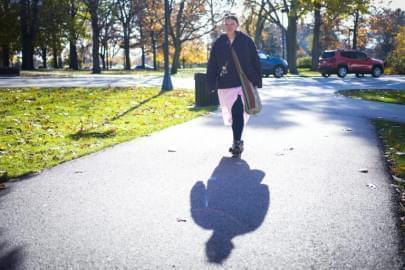
In today's deep dive, we’ll take a closer look at court-ordered guardianship, or a conservatorship, and the possibility of less-restrictive options.
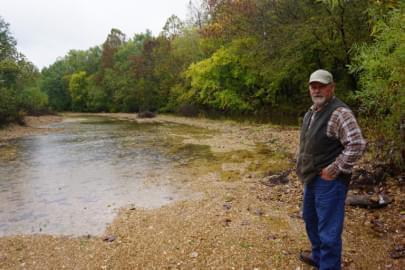
In today's deep dive, we'll take a look at the tension between environmentalists and farmers over what are designated as “Waters of the United States” by the federal government.
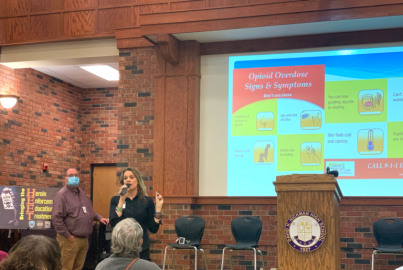
In today's deep dive, we’ll head to Columbia, Missouri to see how they are trying to counter the continuing rise in opioid overdose deaths.
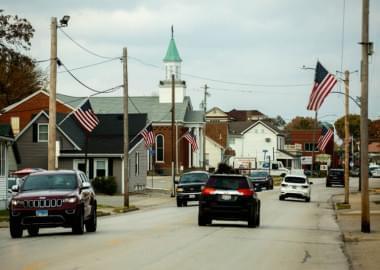
In today's deep dive, we’ll head to O’Fallon in southwestern Illinois to see how the new congressional maps for the state are splitting this community in half.
Campbell Hall
300 N. Goodwin
Urbana, IL 61801
217-333-7300